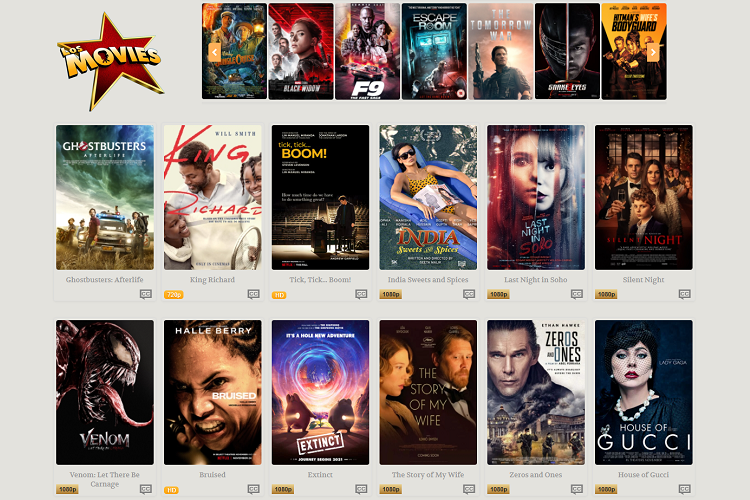Entertainment technology has evolved drastically over the years. In this digital age, we no longer have to rely on the traditional cable that only gave us a handful of channels. With coaxial cable and other technologies in place, we can get access to more than 200 channels in a single plan. Most importantly, these channels are in a crystal-clear HD quality. More and more streaming services are entering the entertainment landscape and we see are a large influx of customers of consumers towards this trend.
Every company in the entertainment landscape is launching a streaming service of its giving users the ability to watch their favorite channels on their mobile phones or tablets. However, this poses a great danger for the cable companies and they to evolve to cope up.
The reason behind this is quite simple. Many people believe that the cable bills continue to grow and no matter what provider you get, it is the same. By this logic, can we believe that all cable companies are inherently similar? In this article, we will dissect this issue in hand.
How do cable companies operate?
Two decades ago, people mainly used DSL or satellite service. DSL service is still available in the United States but it is an outdated technology that makes it behind modern-day technologies such as cable and fiber. Just like DSL, the cable uses copper wiring to transmit the internet and TV service. The only difference is that cable TV uses existing TV lines that can carry both audio and video signals and DSL is carried by telephone lines.
The TV lines that carry the signals are called coaxial cables. The word “coaxial” is a conjugate of two words “co” and “axial”. Co means shared and axial means axis. Therefore, the shared axis signifies that the distance between the outer foil covering and central copper conductor is uniform. This assemble helps to create a stable environment for data signals to travel around without any inconvenience.
In simple words, we can call coaxial cable a subway train that has little interference from the outside world and stably transports signals.
How are cable companies different from each other?
Principally speaking, all cable companies operate on the same principle. The coaxial cable network is responsible for delivering high-speed internet and HD cable. However, there are a lot of differences as well. These differences help you decide which provider to sign-up for. Here is what you need to know:
Contracts
Many providers in the US require you to sign a contract for getting their service. The contract term varies from provider to provider. Sometimes, the contract is valid for one year. However, many cable providers have a 2-year contract requirement with their plans. If you cancel your services before the end of your contract term, you are subjected to a service termination fee.
Services offered
All cable companies are similar in the types of services being offered. However, many of them offer additional services to consumers. For example, you will find a TV, internet, and phone service with every provider. However, providers like Cox Communication also offers home security and automation services for Cox cable and internet customers. You can get all four services in a single plan at a discounted price.
Features
Cable companies have taken over the internet and TV landscape. They face immense competition from fiber and satellite providers. Moreover, they have to compete with themselves. These providers go head to head in the number of features offered in their plans. Some of them offer more than 250 channels in their lineup to keep your entertainment and many offer internet speeds up to 1 Gigabit. Besides, there are premium channels customers can add to their monthly plans at discounted rates.
Cable TV providers now offer better DVR capability as well. You can record 2 or even 6 shows at one time. To back these downloads, you have an ample amount of cloud or regular storage.
Perks offered
Cable companies also differ in the number of perks offered. Many providers would set the promotional price good for three years while others would offer you free installation. Cable equipment has been the center of controversy because customers feel that it is illogical to pay a monthly rental. To address this issue, cable companies give customers the liberty to purchase their own equipment in case of the internet to avoid the monthly rental.
Final Verdict
Cable companies are run by similar principles. They all have a coaxial cable network. They differ in features, contracts, and the number of perks offered.






